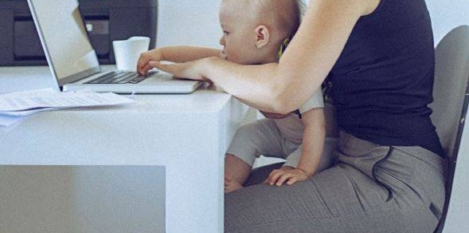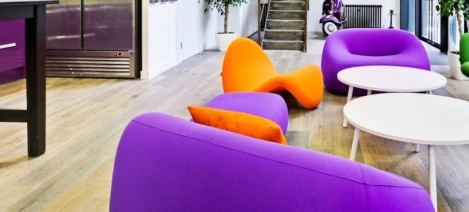March 12, 2016
Office redesign a priority + Menstrual leave debate + Nine workplace trends 0
 In this week’s Insight Newsletter; Mark Eltringham weighs in on the flexible working/menstrual leave debate; Tricia McCall looks at the way the latest workplace designs are influencing the classroom. We learn about the nine workplace trends that managers should address; that staff believe that 91 percent of firms won’t be competitive by 2020 and that a majority of managers see redesigning their organisation as their most important priority. In news – the Government fails to deliver on technology; London occupiers will pay just for a view; and the CIPD warns that not enough organisations are taking action to address the causes of gender inequality. Download our latest Insight Briefing, produced in partnership with Connection, on how the boundless office can be freed from the shackles of time and place and access the latest issue of Work&Place. Visit our new events page, follow us on Twitter and join our LinkedIn Group to discuss these and other stories.
In this week’s Insight Newsletter; Mark Eltringham weighs in on the flexible working/menstrual leave debate; Tricia McCall looks at the way the latest workplace designs are influencing the classroom. We learn about the nine workplace trends that managers should address; that staff believe that 91 percent of firms won’t be competitive by 2020 and that a majority of managers see redesigning their organisation as their most important priority. In news – the Government fails to deliver on technology; London occupiers will pay just for a view; and the CIPD warns that not enough organisations are taking action to address the causes of gender inequality. Download our latest Insight Briefing, produced in partnership with Connection, on how the boundless office can be freed from the shackles of time and place and access the latest issue of Work&Place. Visit our new events page, follow us on Twitter and join our LinkedIn Group to discuss these and other stories.































March 5, 2016
Boundless office + Well Buildings + Open plan design drawbacks 0
by Sara Bean • Comment, Facilities management, Flexible working, Newsletter, Technology, Workplace